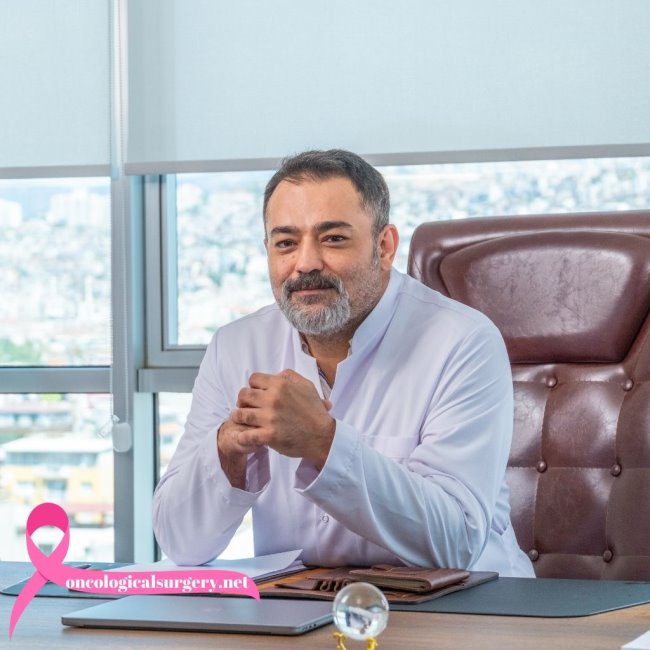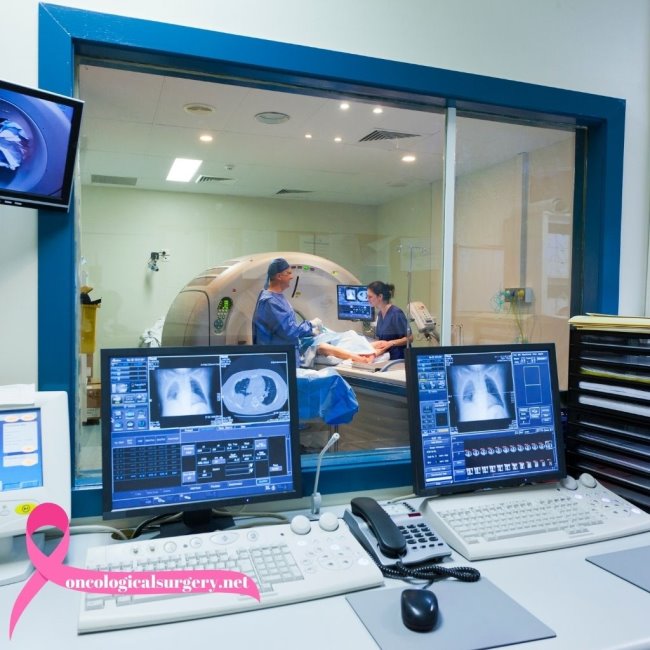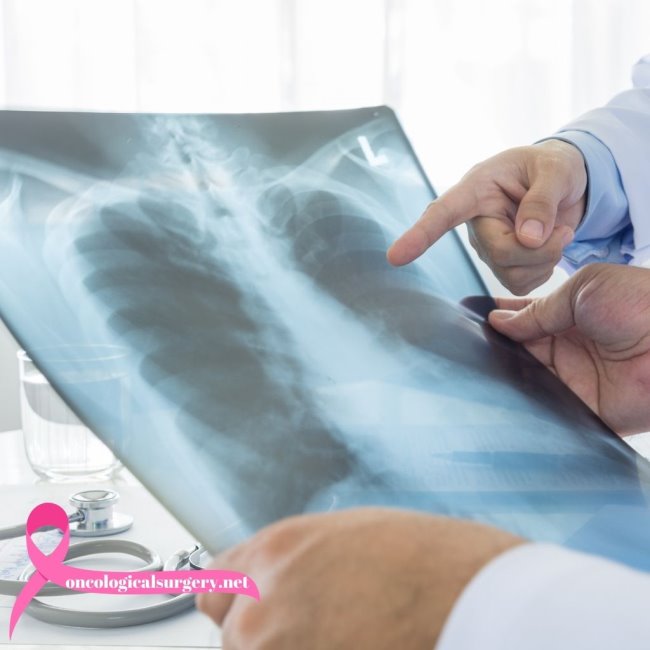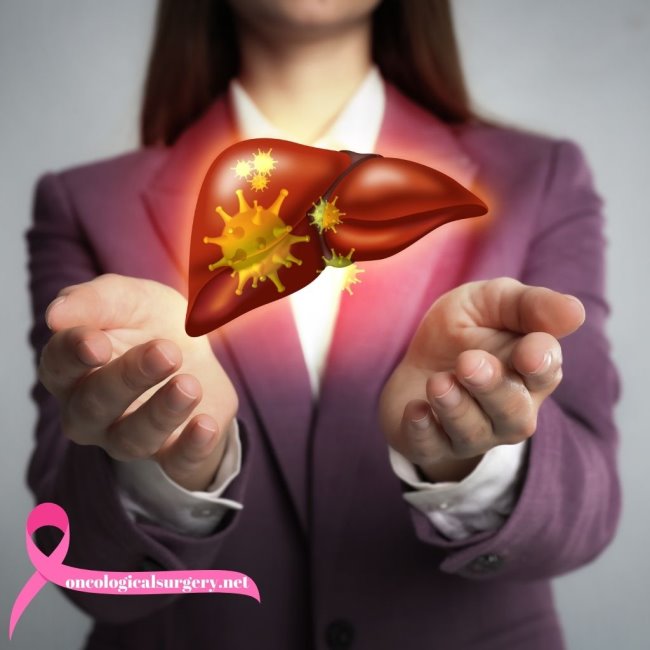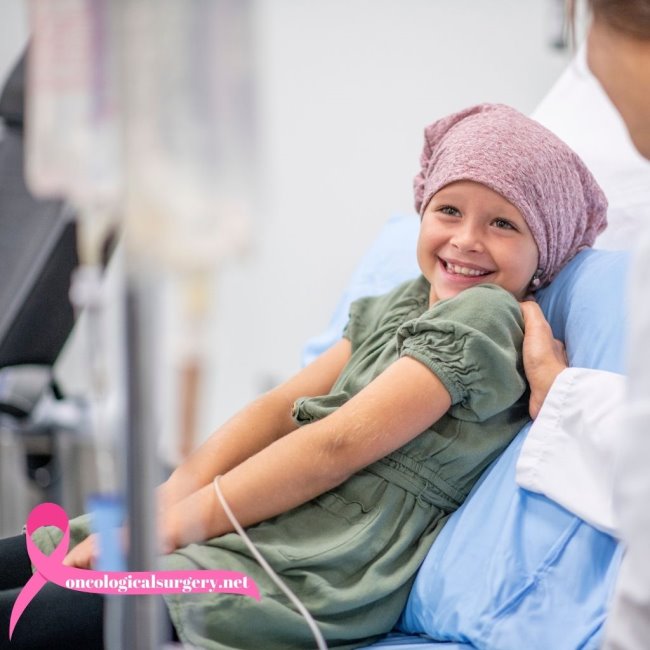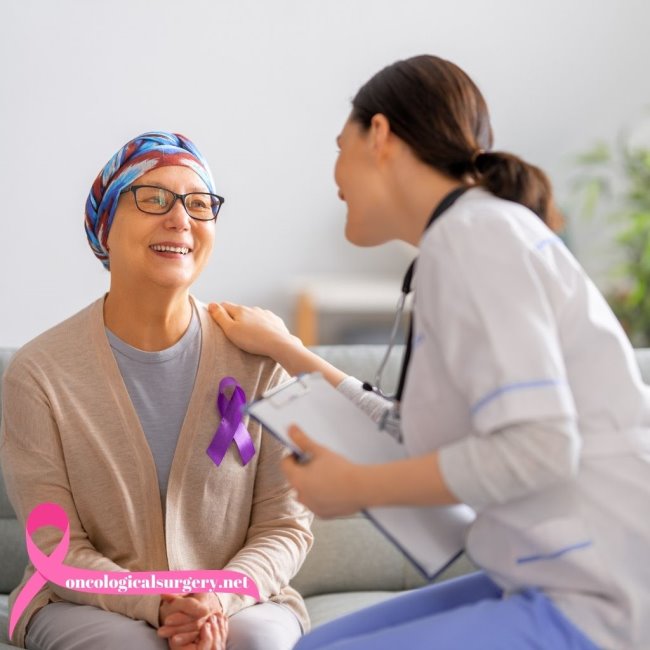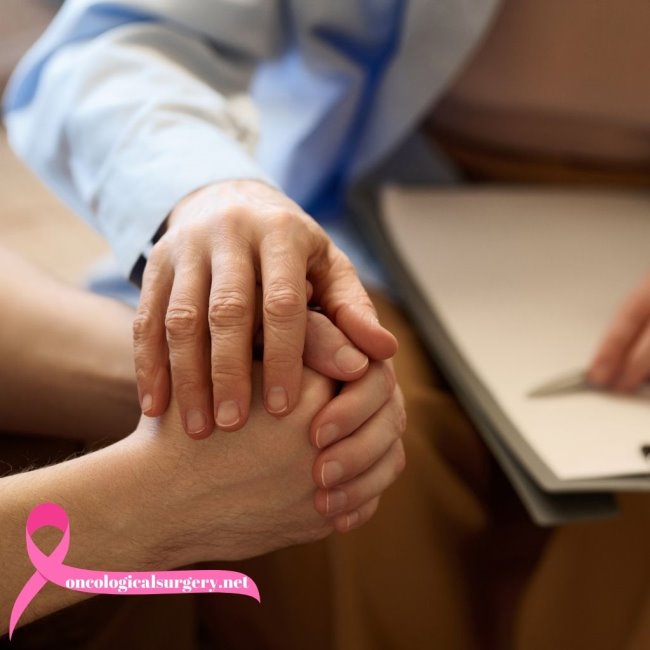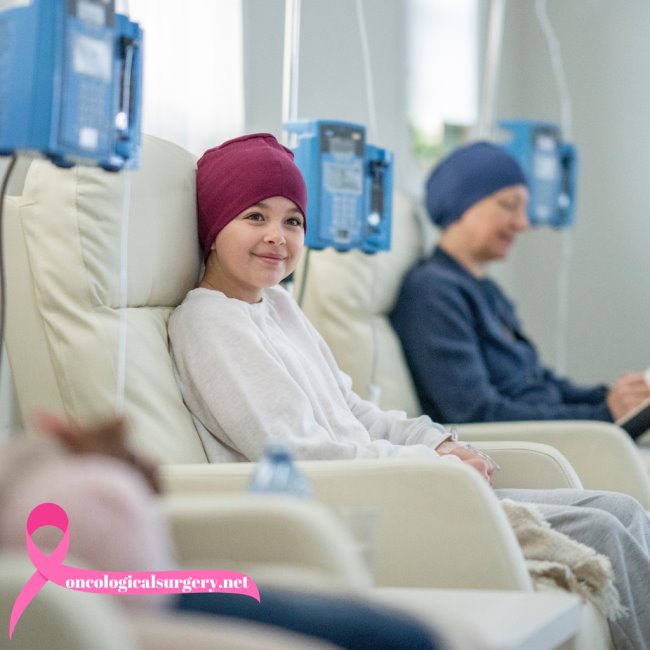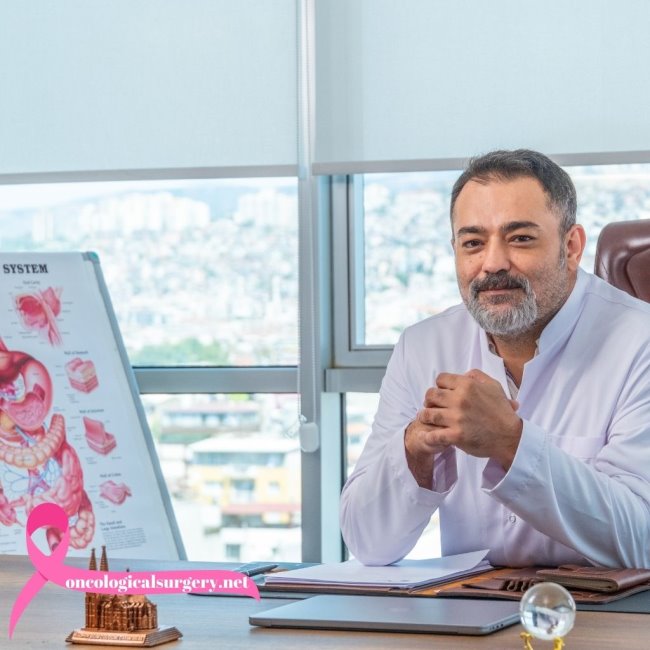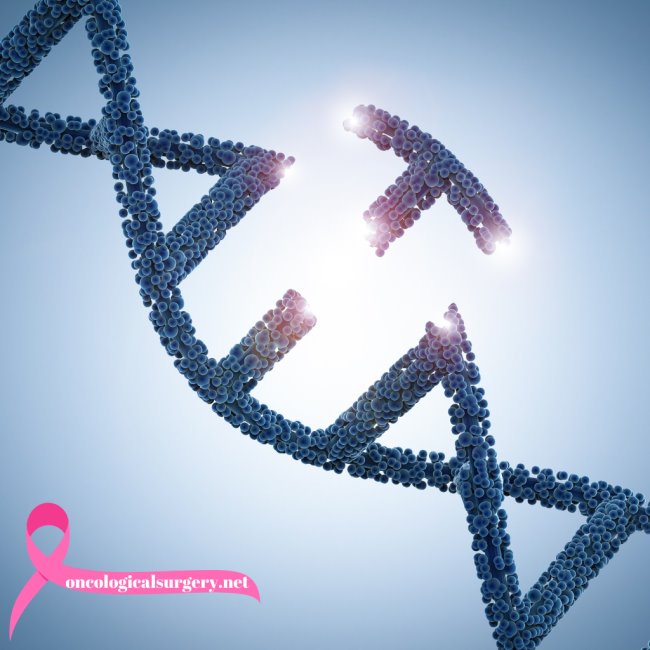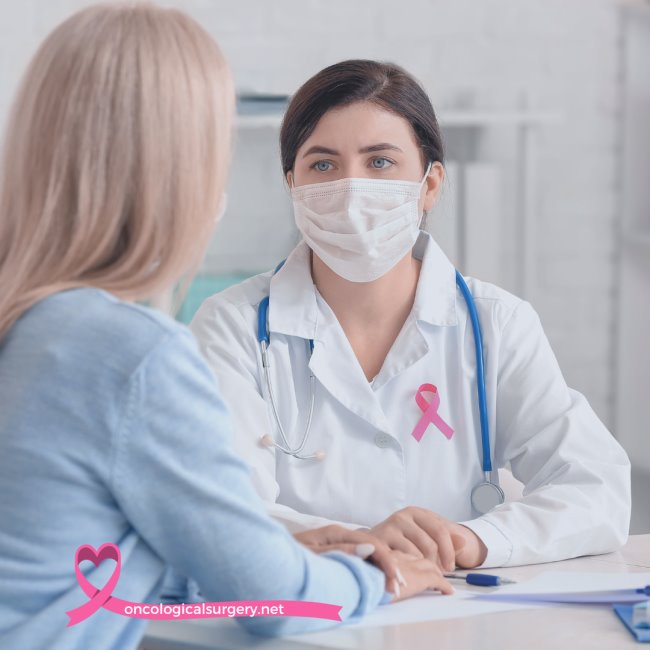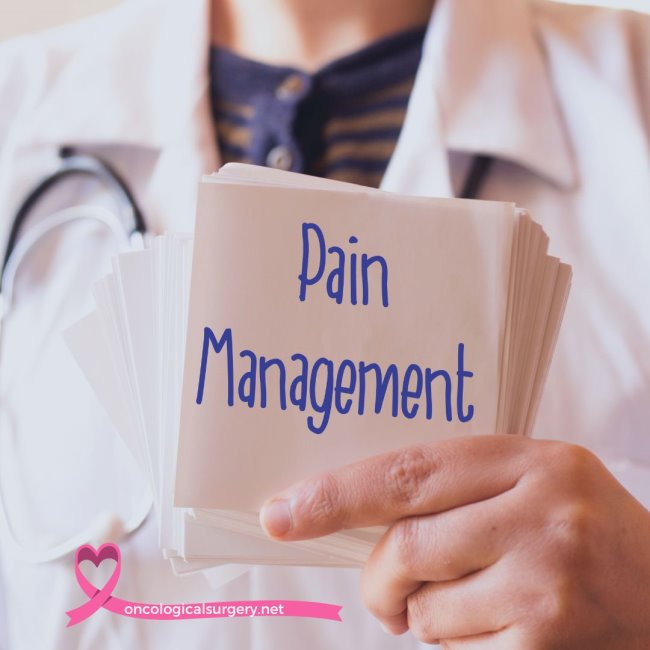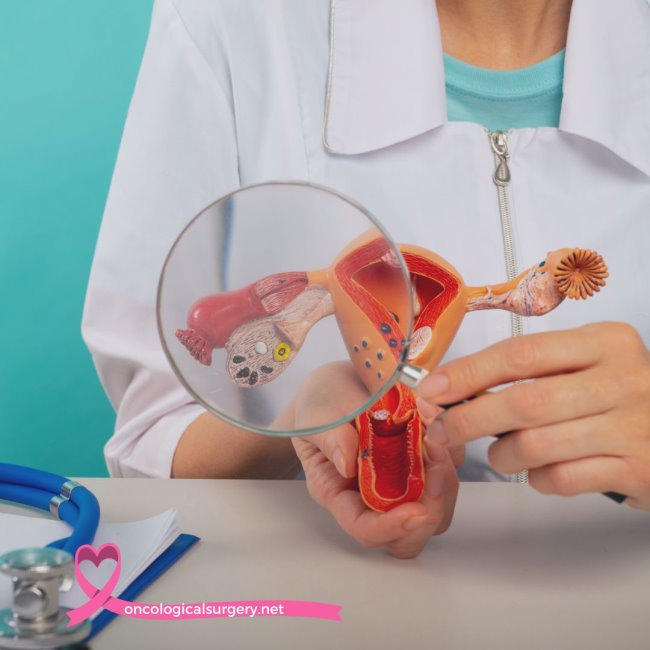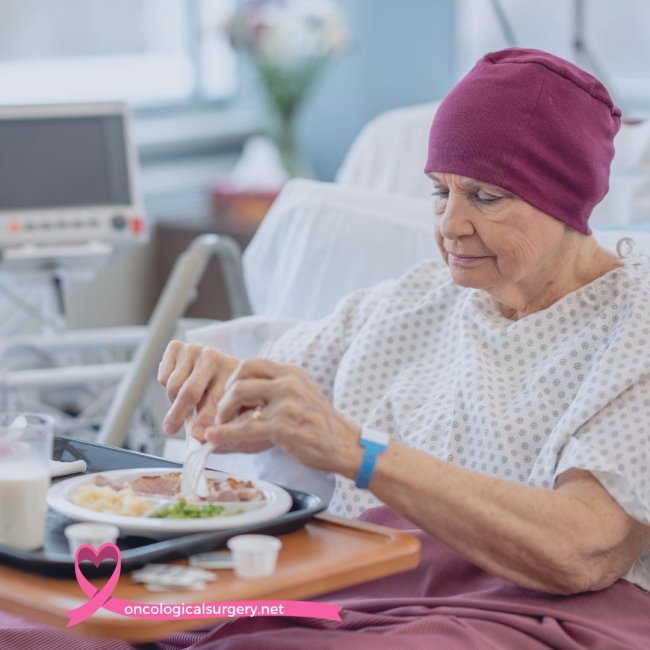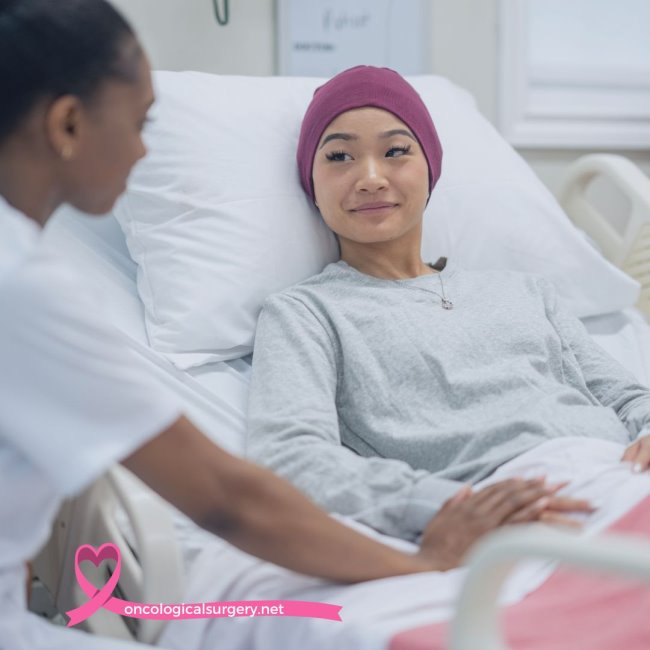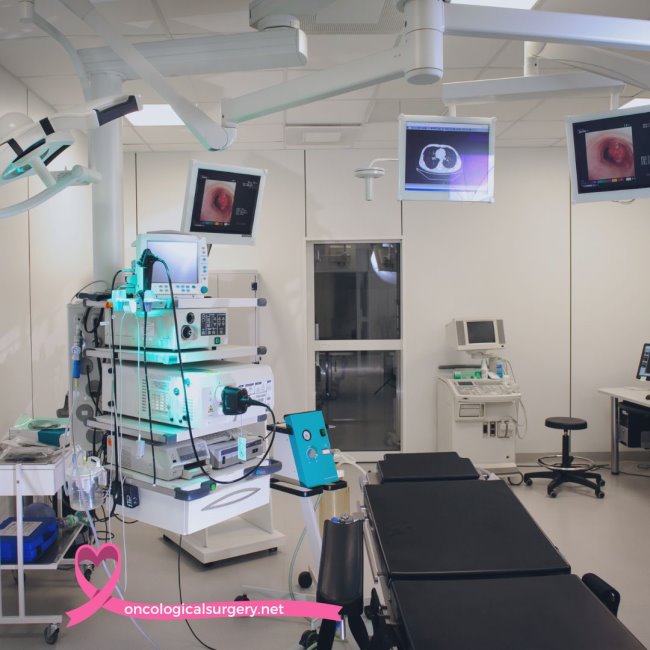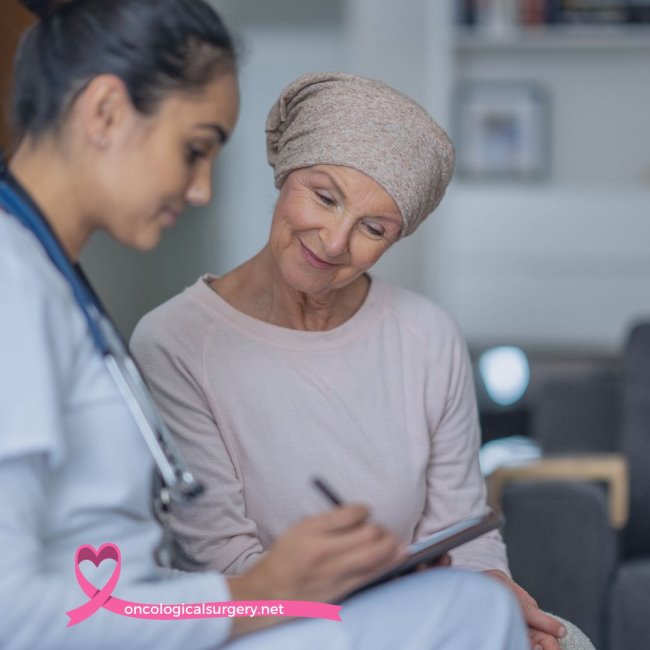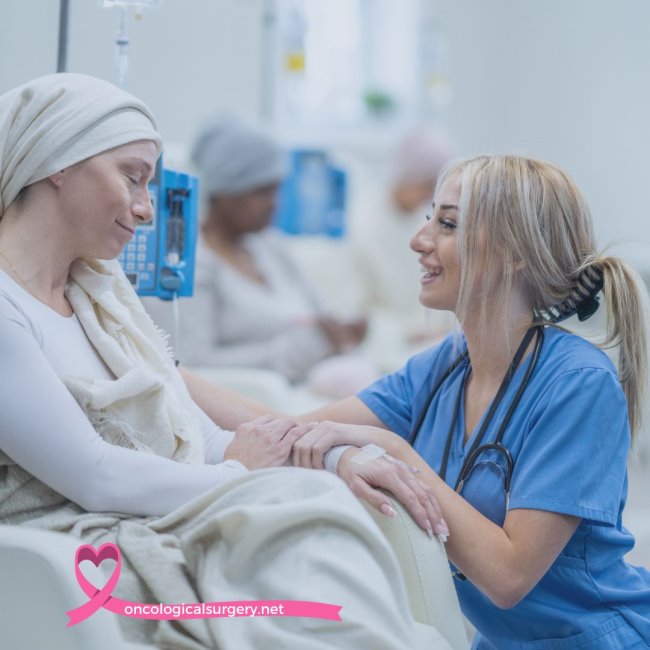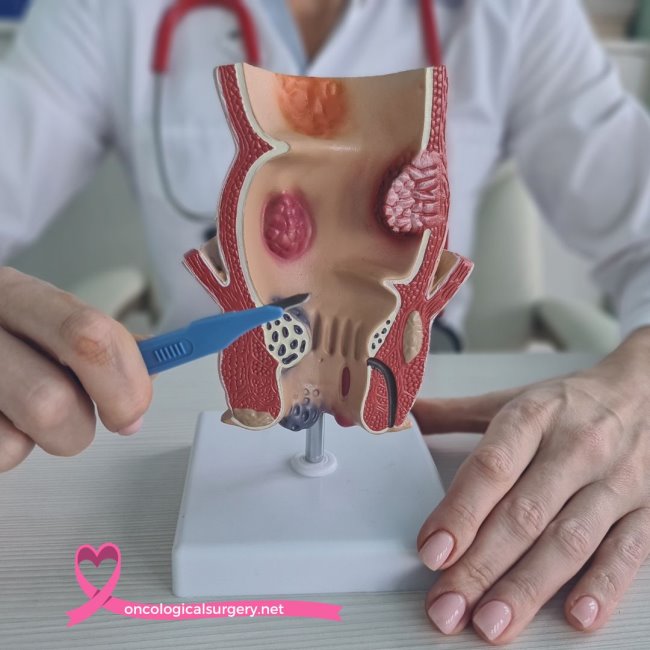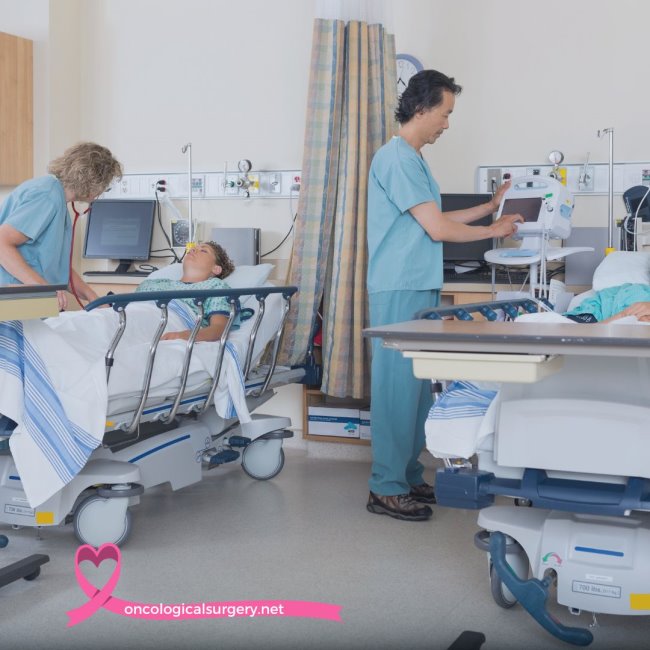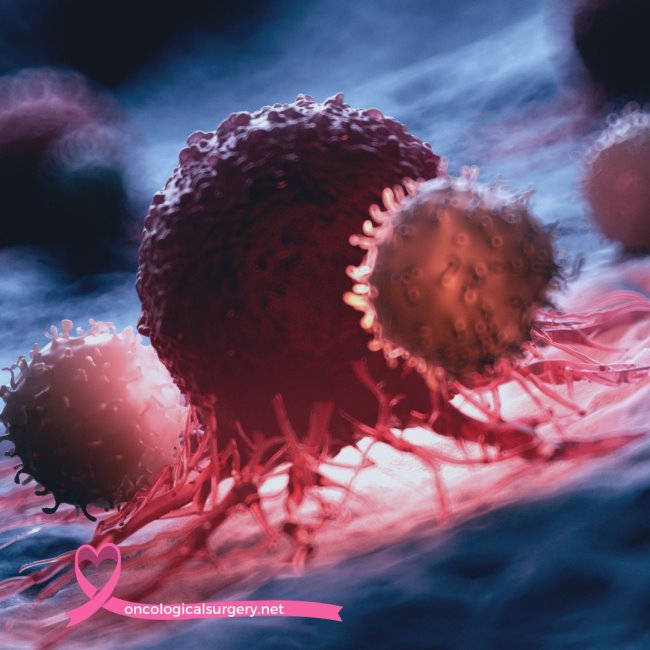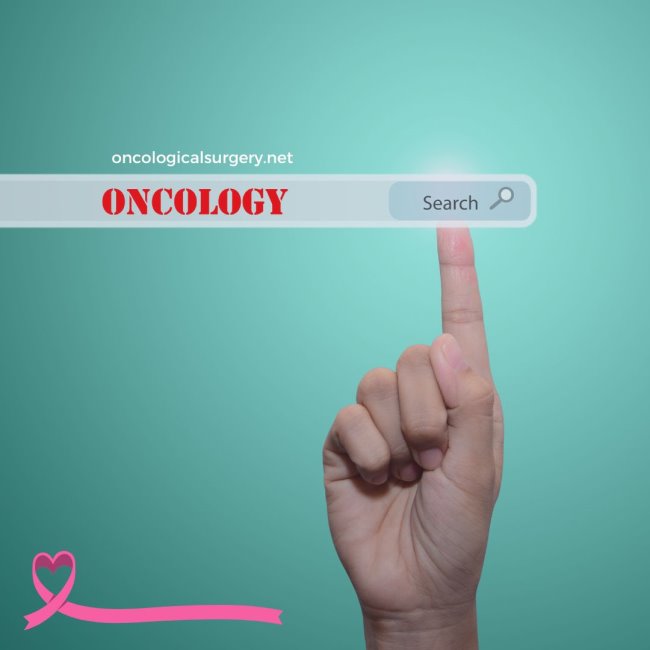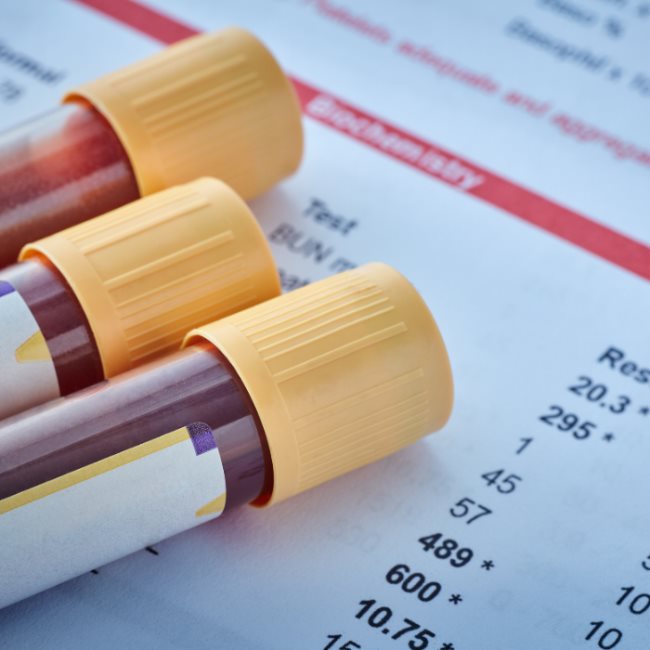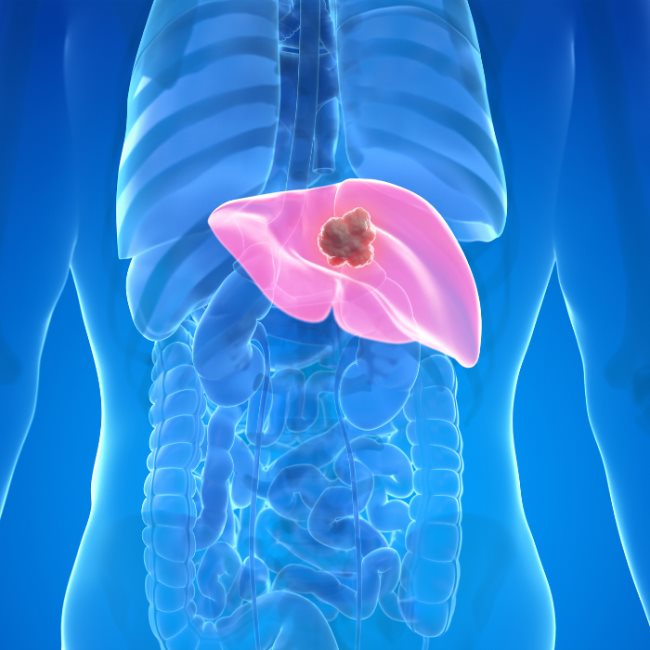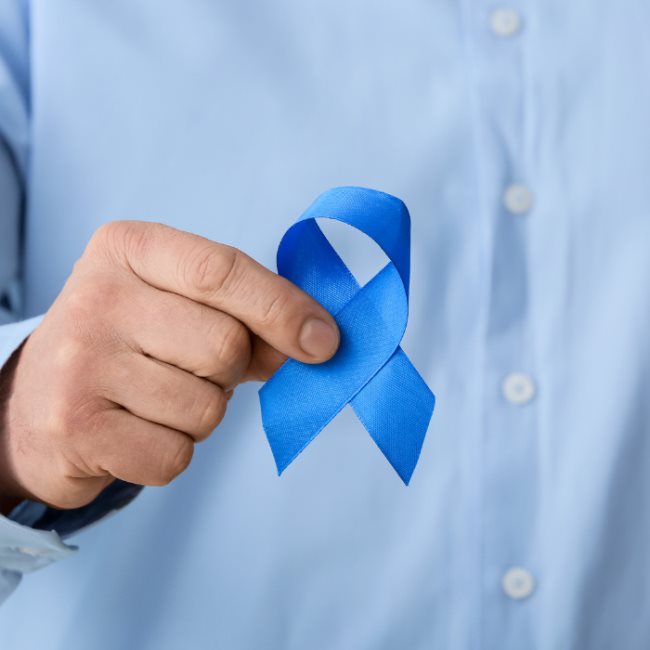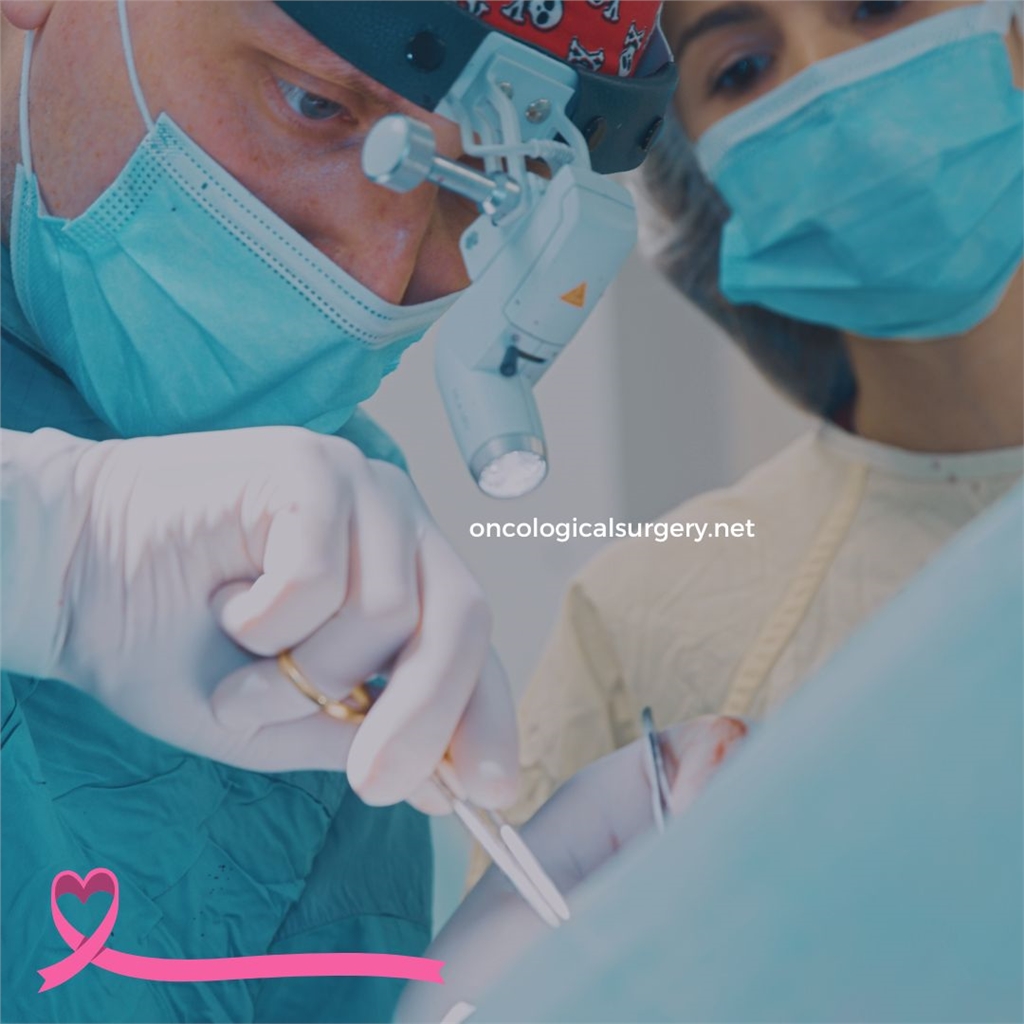
Top 10 Questions to Ask Your Oncology Surgeon
What type of cancer do I have?
Understanding your diagnosis is very important in planning your treatment. Since there are different types of cancers, different protocols of treatments must be followed, and the prognosis will also be very much different. Knowing, within reason, exactly what type and stage of cancer you have is important in anticipating how best to prepare for what may be involved in the future. You will be able to go into great detail with your oncology surgeon about exactly what you have and, specifically, where the cancer has been diagnosed and whether it has spread elsewhere in the body.
Ask for explanations in detail, and consider taking notes or bringing a family member or friend to help you recall everything discussed. Sometimes, your surgeon will be able to give you educational materials and resources on specific cancer types. A basic understanding of your type of cancer will enable you to make appropriate decisions regarding your treatment options and care.
What Stage Is My Cancer?
Staging of your cancer refers to the extent of cancer in your body. The basis for staging involves tumor size, depth of invasion, and the involvement of lymph nodes or distant organs. The stage of your cancer is important in picking the best treatment approach. Early stages might be effectively treated with surgery, whereas more locally advanced or disseminated cancers could necessitate a combination of treatments including chemotherapy, radiation, and targeted therapies.
Knowing your cancer's stage can also help you have realistic expectations about the outcome of treatment. It is important to ask your surgeon to explain your cancer stage in detail and how it relates to your prognosis. Your knowledge will help you make decisions about choices for treatment and allow you to plan your future medically and personally.
What Are My Treatment Options?
Learn about all of the treatment options that are open for someone with your type and stage of cancer. Learn about the standard treatments like surgery, chemotherapy, and radiation, and also newer therapies such as immunotherapy and targeted treatments. All these options have a list of benefits, risks, and potential side effects; therefore, thorough understanding is called for.
Discussion with your surgeon about your treatment options will give you a better idea of what to expect. Ask about the success rates for the treatments you are considering, the possible side effects and how each option will affect your everyday life. The more you know about your options, the better prepared you will be to make the decision that is right for you.
What Are the Benefits and Risks of Each Treatment?
All cancer treatments have some advantages and some risks. One should discuss in detail with the surgeon the pros and cons of each form of treatment. This should include a discussion regarding the chance of cure, control of disease, and symptom palliation with each form of treatment. Equally important is the potential for both short-term and long-term side effects and effects on quality of life.
Having done some weighing of benefits and risks, you will be in a better position to understand which one will be best for you. Other consultations may also be included in the process, along with second opinions. Being informed on all angles of your treatment readies your mind and body for what is in store.
How Will This Treatment Affect My Day-to-Day Life?
Cancer treatment may interfere with your daily routine, work, and family's schedule. It is always best to inquire from the surgeon about the treatments you can expect with your choice of option and how it will interfere with your daily activities. Understand the treatment schedule, physical side effects that can arise, and changes in lifestyle required. Knowledge of these aspects enables you to make plans for familial and friendly support and alter your schedule accordingly.
Understanding the daily implications of your treatment can also permit you to prepare for this mentally and emotionally. A little predictability can help reduce anxiety and enable you to make a practical plan for the period of time that you will be in treatment. This alone can make things easier and cause less disruption in your life.
What Is the Goal of the Surgery?
It is always good to clarify the aim of your surgery. It may be to remove the cancer completely, or to reduce the size of a cancer, or to relieve symptoms, or to improve quality of life. Each will have different implications for your treatment and recovery. Understanding what your surgery aims to achieve allows you to understand what to expect and helps prepare you for the outcome.
Discuss with your surgeon what specific goals are and what success will look or feel like in your particular case. This will help you understand the realistic expectations of surgery and give you an idea of what to look forward to in terms of benefits and limitations. Understanding the surgical goals also helps in effectively planning post-operative care and follow-up treatments.
What to Expect During My Recovery Period?
Your recovery from cancer treatment can range anywhere depending on the surgery or type of therapy that you have had. Speak with your surgeon about what to expect from recovery: how long it will take, what complications may arise, and whether follow-up care will be needed. Knowing all this detail will help you prepare for the recovery process and manage your expectations.
Knowing the period for recovery also helps you to assist yourself in whether you will need extra assistance during this time, or whether you may be able to take a short leave of absence from work. Ask your surgeon what warning signs for complications should be watched for and at what point during the recuperation period you should seek immediate medical help. It helps to be well-prepared so that your time of recovery can go smoother and not as stressful.
How Will We Follow-Up On My Progress?
Follow-up care is part of your journey with cancer. This is sometimes called 'survivorship care'. Your healthcare team will monitor you regularly so that they can know about how well you are doing and if you are responding well with the treatment. You should enquire from your surgeon concerning a follow-up schedule: how often you should have follow-up appointments and tests, and what they will be looking for during these visits.
Knowing your plan for follow-up care can help you stay involved in your care and catch any problems early. You also want to know whom to call after hours if you have any questions or concerns between appointments. Good communication with your healthcare team is important for any effective management of your health during and after treatment.
Are There Any Open Clinical Trials?
Clinical trials can provide access to new treatments that may be more effective and that may not yet widely available. Ask your surgeon about clinical trials for which you may be eligible. A trial might provide additional treatment options and allow you to contribute to the medical research that may help others in the future.
However, you need to be aware of some of the potential risks and benefits with participating in a clinical trial. It is necessary that you talk about the clinical trial with your surgeon, including treatment procedures, possible side effects of treatments, and what will be expected of you during and after the trial. The information provided can help you to decide whether or not a clinical trial is appropriate for you.
What Support Resources Are Available?
The physical and emotional challenges posed by cancer can be overwhelming. For information on the support resources available to you, such as counseling, support groups, and patient education programs, talk with your surgeon. Emotional and psychological support helps you understand ways of dealing with stress, anxiety, and depression during your cancer journey.
You may also want to ask about resources regarding practical support, such as transportation to and from treatment facilities or financial assistance programs. Having access to a full range of support can make all the difference in general well-being and quality of life during treatment.
Conclusion
Knowledge is power in cancer treatment. Knowledge and preparation can make all the difference in your journey through treatment. Asking questions will provide you with a better understanding of your diagnosis, the treatment options available to you, and what you might expect along the way. Remember, your healthcare team is there to support you, so do not be afraid to ask for the information and resources you need. Being proactive in your care can help you feel more confident and hopeful during this challenging time.
